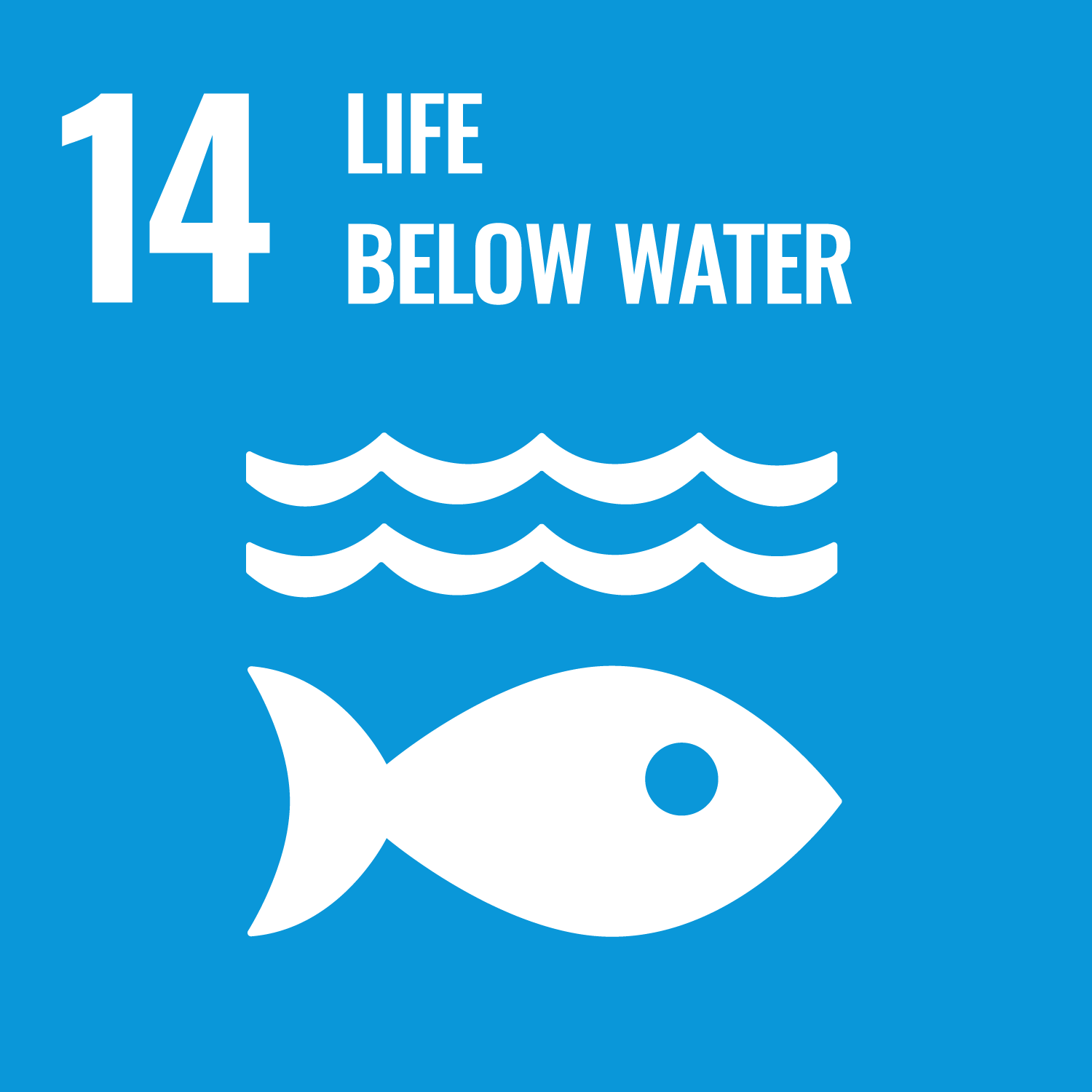Based on the basic knowledge and experimental techniques acquired by the third year, students conduct research in accordance
with their respective research themes in the laboratory to which they are assigned, and write a thesis on the results. They
also give an oral presentation of the thesis.
The purpose of this course is to develop the skills to conduct experiments or research on a certain theme using the basic
knowledge and experimental techniques learned, and to write a thesis and make an oral presentation of the results.
- Be able to conduct experiments on research themes using the knowledge and techniques acquired in Undergraduate Thesis Research 1, in addition to the content learned by the third year.
- Be able to explain research progress with appropriate charts and graphs and respond appropriately to technical questions.
- Be able to logically discuss the process to conclusions based on previous research and data.
- Be able to sufficiently discuss the novelty and inventive step of the research results in comparison with previous studies has been developed.
| Research ability and initiative | Presentation | Objectivity and credibility | Discussion ability | Total. | |
|---|---|---|---|---|---|
| 1. | 25% | 25% | |||
| 2. | 25% | 25% | |||
| 3. | 25% | 25% | |||
| 4. | 25% | 25% | |||
| Total. | 25% | 25% | 25% | 25% | - |
3年次までに学んだ内容に加え、総合研究Ⅰで習得した知識・技術を用いて、自ら進んで研究テーマに沿った実験を実施する.
研究の成果について、図表を適切に用い口頭や論文で説明し議論する.
正しい事実やデータに基づき結論までの過程について議論を展開する.
研究の成果について、先行研究と比較して新規性や進歩性について充分な考察を展開する.
研究の成果について、図表を適切に用い口頭や論文で説明し議論する.
正しい事実やデータに基づき結論までの過程について議論を展開する.
研究の成果について、先行研究と比較して新規性や進歩性について充分な考察を展開する.
| ways of feedback | specific contents about "Other" |
|---|---|
| Feedback in the class |
- Follow the instructions of each faculty advisor.
- Course that cultivates an ability for utilizing knowledge
- Course that cultivates a basic interpersonal skills
- Course that cultivates a basic self-management skills
- Course that cultivates a basic problem-solving skills
| Work experience | Work experience and relevance to the course content if applicable |
|---|---|
| N/A | N/A |






- 3.GOOD HEALTH AND WELL-BEING
- 4.QUALITY EDUCATION
- 9.INDUSTRY, INNOVATION AND INFRASTRUCTURE
- 11.SUSTAINABLE CITIES AND COMMUNITIES
- 12.RESPONSIBLE CONSUMPTION & PRODUCTION
- 14.LIFE BELOW WATER
Last modified : Fri Jun 28 17:31:48 JST 2024
